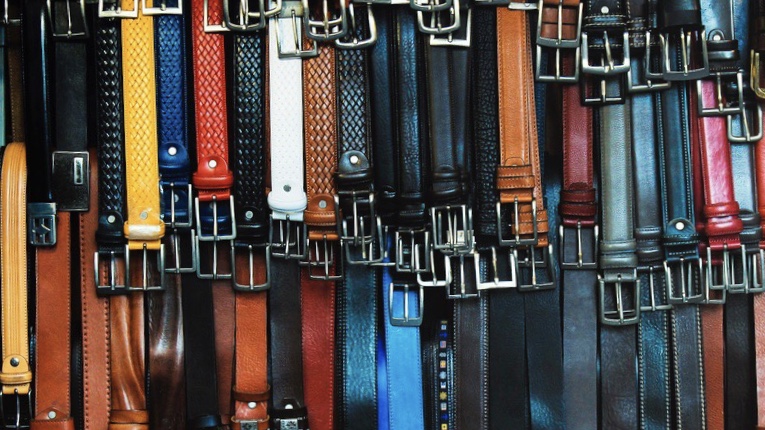Violent crime rates are rising in Jamaica and officials believe corporal punishment is part of the problem.
Police statistics claim the island’s violent crime rate was three times higher than the rest of the Caribbean and Latin America. There were 1,911 incidents, including 722 homicides, between January 1 and July 13. The issue is so severe, Jamaica’s Prime Minister Andrew Holness declared a state of emergency so the police could receive help from the military.
Holness is also directing his attention toward violence against Jamaican children.
“The use of violence as a means of discipline, as a means of control, and the use of violence as a means of resolving discourse is disproportionately and unreasonably high in Jamaican society and much of it is underpinned by our cultural experience,” he told The Miami Herald.
Eighty percent of Jamaican children have witnessed violence in their community and the same amount have been victimized in their own households.
The politician attributes the pervasiveness of beatings to the legacy of slavery.
“We were controlled by violence,” Holness continued. “We haven’t changed the means of control to one where we control people by an agreement, a social order of mutual respect of expanding rights and of reasonableness. That is not yet in our cultural consciousness.”
To combat the issue, the Jamaican Ministry of Education joined forces with UNICEF to pilot a program in schools with the aim of banning corporal punishment. The project, which replaces paddling with a reward system, is already yielding positive results.
“You used to walk in here and we used to have fights and cursing. We don’t have it that much,” said Beverly Gallimore-Vernon. “I believe if we really put our minds to a positive-behavior program and we are consistent in teaching the core values and rewarding, we will be able to put aside spanking.”
Corporal punishment is widely practiced in the Black diaspora. In 2015, a Pew Research survey determined Black parents are more than twice as likely to spank their children as their white and Latinx counterparts. As Holness noted, the practice was passed down through slavery. Anti-spanking advocate Dr. Stacey Patton argues there was no evidence of West Africans spanking their children prior to the trans-Atlantic slave trade.
“Historians and anthropologists have found no evidence that ritualistic forms of physical discipline of children existed in precolonial West African societies prior to the Atlantic slave trade,” Patton wrote in an article for the American Psychological Association. “West African societies held children in a much higher regard than slave societies in the Atlantic world, which placed emphasis on black bodies as property, not as human beings.”
Patton asserts West African spiritual beliefs actually discouraged harsh discipline.
“West Africans believed that children came from the afterlife, that they were gods or reincarnated ancestors who led profoundly spiritual lives and held extraordinary mystical powers that could be harnessed through ritual practice for the good of the community,” she continued. “In fact, it was believed that coercion and hitting a child could scare off their soul.”
